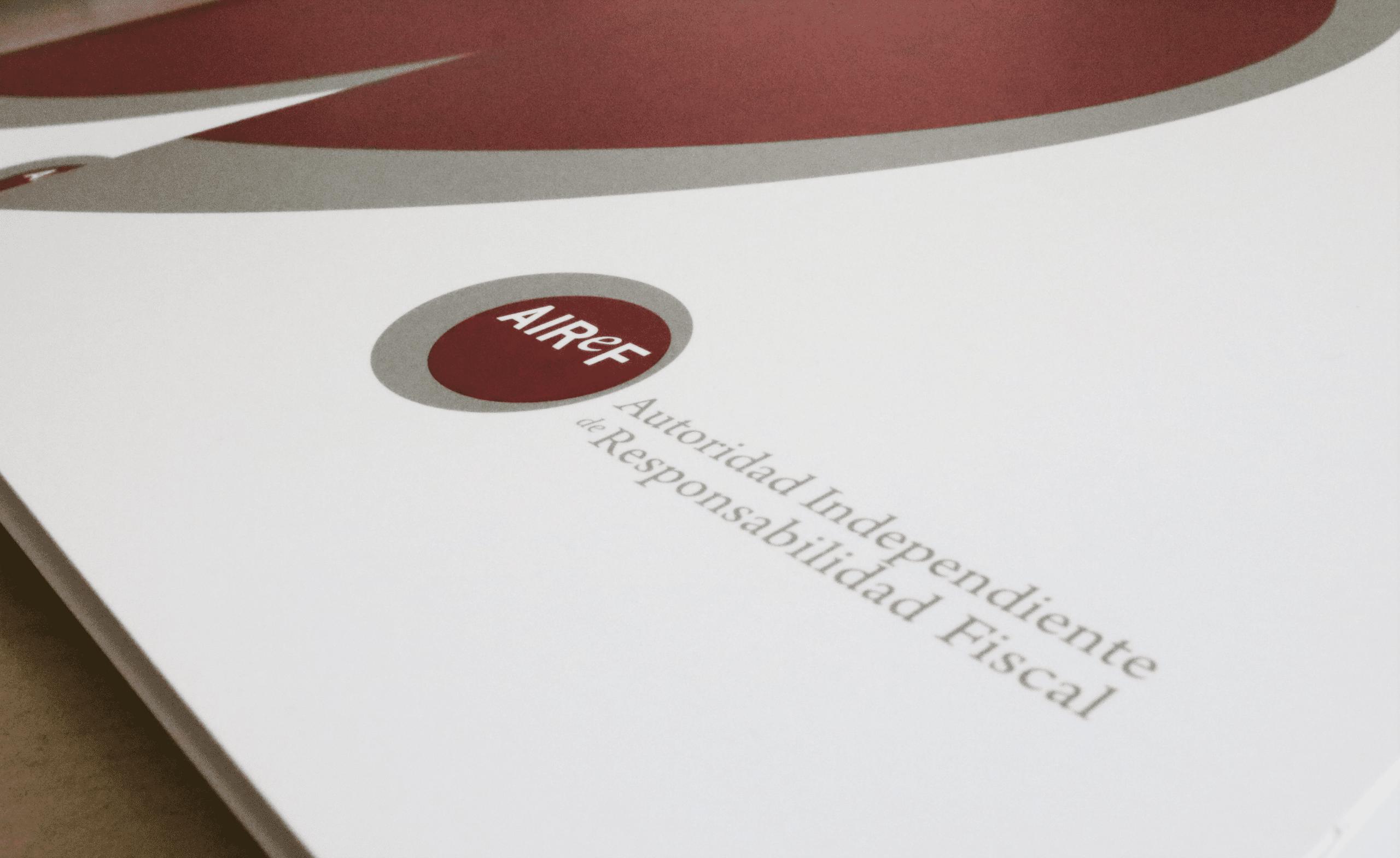
The Independent Authority for Fiscal Responsibility (AIReF) has decided to temporarily stop publishing its forecast model for the evolution of Gross Domestic Product (GDP) in real time (MIPred) until the results are considered to be of sufficient quality to be useful to the general public. Likewise, in the same spirit of public service, AIReF will explore alternatives that will allow the evaluation of the very short term evolution of the Spanish economy under extreme events such as COVID-19.
Since the beginning AIReF, within the general approach of transparency and dissemination of the methods and principles used in the framework of its mandate, has been providing users with the results of its quarterly GDP growth forecast, based on a combination of public and contrasting short-term information on various indicators. This estimate based on a dynamic factorial model, MIPred (see, “Working Paper 4/2015.Integrated short-term forecasting model of the Spanish economy”), enables better monitoring of the economic situation, based on the availability of official statistical data.
However, in the current climate of declining activity caused by the COVID-19 pandemic, the declaration of the state of alert and other measures taken to combat it, the model no longer provides a reliable advance indication of the evolution of GDP. Two factors explain this: on the one hand, the employment protection measures implemented (ERTEs – Temporary Redundancy Plans) affect the capacity of the main labour market indicators used by the MIPred model to adequately reflect the effects on effective working time; and, on the other hand, there are indicators for which the information is available late.





